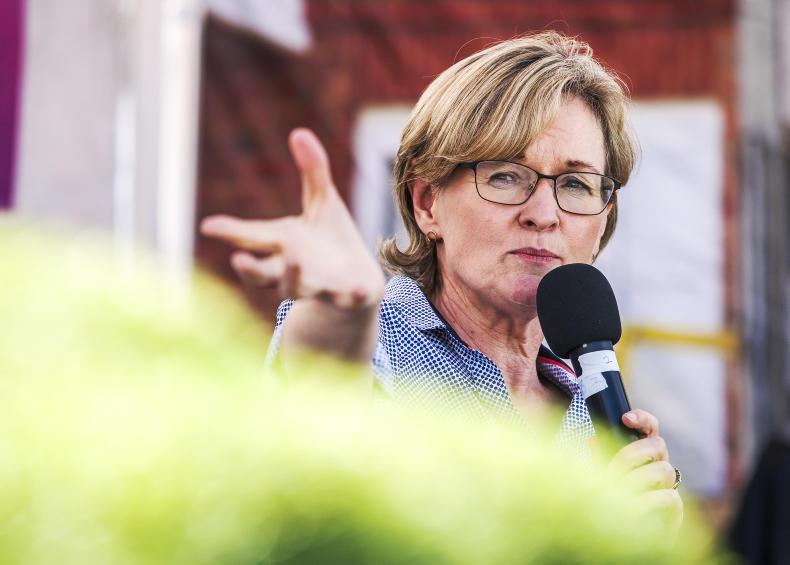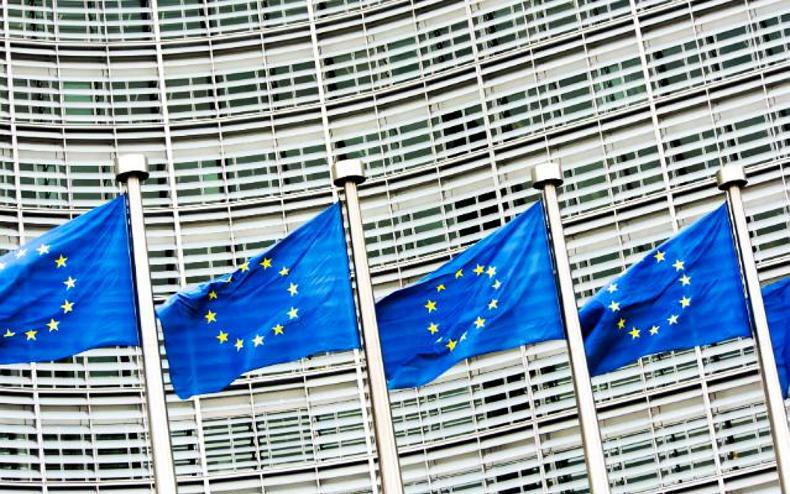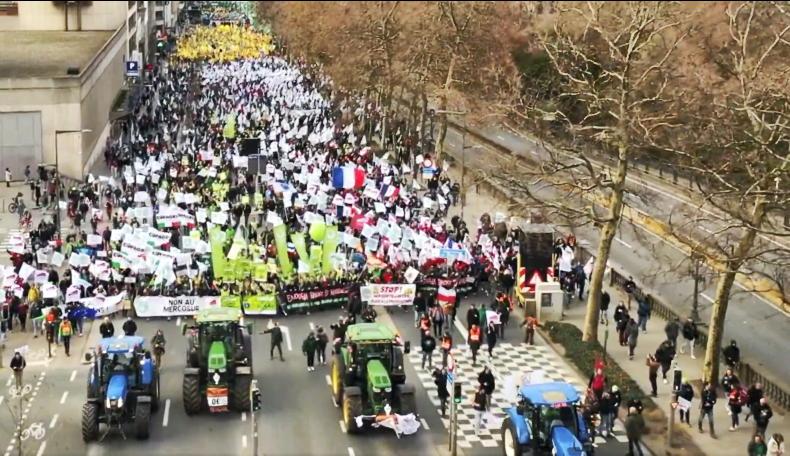The agriculture committee of the European Parliament has voted in favour of an agreed EU/UK approach on trade policy post-Brexit.
This would see historical use of tariff rate quotas (TRQs) agreed with the World Trade Organisation to allocate imports post-Brexit.
The TRQs allow certain amounts of products – many of them agricultural – to be imported at a lower tariff level.
“The EU’s approach, agreed with the UK, is to split these TRQs between the EU27 and the UK, based on previous usage,” vice-president of the European Parliament Mairead McGuinness said.
“The committee also noted that it is important that this technical exercise does not amount to any re-opening of negotiations over market access. The current agricultural TRQs were negotiated at the WTO from 1986 to 1994: now is not the time for a wholesale re-negotiation. This is important in order to protect the EU market in certain sensitive agricultural products."
Countries including Argentina, Australia and New Zealand are allowed specific access for sheep and goat meat into the EU at a lower tariff rates. For example, the EU and UK have agreed to split New Zealand's sheep and goat meat quota 50:50.
“As a Committee, we voted to maintain the European Parliament’s right of scrutiny over negotiations, with the ability to use a veto over any changes to the TRQs as laid out by the commission in this file, following negotiations at the WTO,” McGuinness said.
Objections
A number of WTO members, including Argentina, Brazil, Canada, New Zealand, Thailand, the US, and Uruguay, have individually objected to the agreed EU/UK approach. These countries argue that their current access to the market will decrease, as they will lose the flexibility to export either to the UK or to an EU member, depending on factors like price and time.
"Negotiations at the WTO might result in changes so it is important that the Parliament oversees the result of negotiations. The commission, as the EU’s trade negotiator, will then be in a position to go ahead with negotiations to finalise the TRQs at the WTO and ensure continuity regardless of the outcome of Brexit negotiations.”
Read more
Brexit could add €250/t to cost of exporting cheddar – Dairygold
Four steps to solve Brexit border issue – May
The agriculture committee of the European Parliament has voted in favour of an agreed EU/UK approach on trade policy post-Brexit.
This would see historical use of tariff rate quotas (TRQs) agreed with the World Trade Organisation to allocate imports post-Brexit.
The TRQs allow certain amounts of products – many of them agricultural – to be imported at a lower tariff level.
“The EU’s approach, agreed with the UK, is to split these TRQs between the EU27 and the UK, based on previous usage,” vice-president of the European Parliament Mairead McGuinness said.
“The committee also noted that it is important that this technical exercise does not amount to any re-opening of negotiations over market access. The current agricultural TRQs were negotiated at the WTO from 1986 to 1994: now is not the time for a wholesale re-negotiation. This is important in order to protect the EU market in certain sensitive agricultural products."
Countries including Argentina, Australia and New Zealand are allowed specific access for sheep and goat meat into the EU at a lower tariff rates. For example, the EU and UK have agreed to split New Zealand's sheep and goat meat quota 50:50.
“As a Committee, we voted to maintain the European Parliament’s right of scrutiny over negotiations, with the ability to use a veto over any changes to the TRQs as laid out by the commission in this file, following negotiations at the WTO,” McGuinness said.
Objections
A number of WTO members, including Argentina, Brazil, Canada, New Zealand, Thailand, the US, and Uruguay, have individually objected to the agreed EU/UK approach. These countries argue that their current access to the market will decrease, as they will lose the flexibility to export either to the UK or to an EU member, depending on factors like price and time.
"Negotiations at the WTO might result in changes so it is important that the Parliament oversees the result of negotiations. The commission, as the EU’s trade negotiator, will then be in a position to go ahead with negotiations to finalise the TRQs at the WTO and ensure continuity regardless of the outcome of Brexit negotiations.”
Read more
Brexit could add €250/t to cost of exporting cheddar – Dairygold
Four steps to solve Brexit border issue – May









SHARING OPTIONS